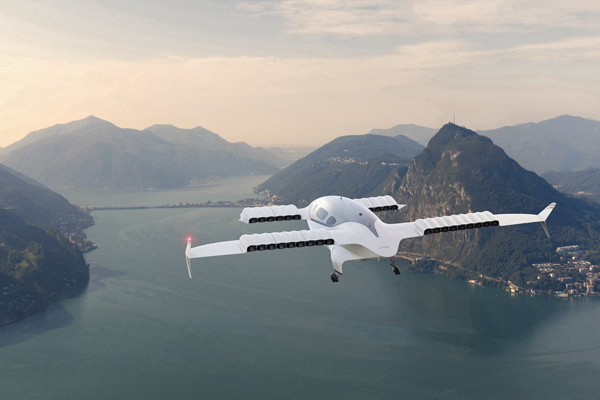Emergency medical transport with a flying car Air Mobility

Air Mobility (Tokyo), which develops a platform for flying cars, and Lilium GmbH, a German flying car aircraft development company, have signed a partnership agreement to promote the deployment of Lilium’s aircraft in the Japanese and APAC markets in areas with high market demand, including emergency medical transport, with operations expected to begin after 2026.
eVTOLs (flying cars) capable of vertical takeoff and landing are being developed in various countries around the world and are currently undergoing testing and certification processes, with operations expected to begin after 2026.
In Japan, they are also expected to be an effective means of transportation for travel in urban areas, access to rural and remote islands, and response to disasters.
In addition to these needs, air mobility is trying to develop in areas with high social acceptance, including emergency medical transport.
Lilium’s aircraft is expected to be used for emergency medical transport and other purposes as an initial use case.
Since its establishment in 2019, Air Mobility has been developing its own system platform, ASCP (Air Mobility Service Collaboration Platform), which is necessary for the safe and secure navigation of flying cars, and supporting overseas flying car manufacturers to enter the Japanese market through its sales platform. As a member of the “Public-Private Council for the Air Mobility Revolution” established by the Ministry of Economy, Trade and Industry and the Ministry of Land, Infrastructure, Transport and Tourism, and the “Osaka Roundtable for Social Implementation of the Air Mobility Revolution” hosted by Osaka Prefecture, Air Mobility has been a core member of the flying car industry since its inception.
※Translating Japanese articles into English with AI
